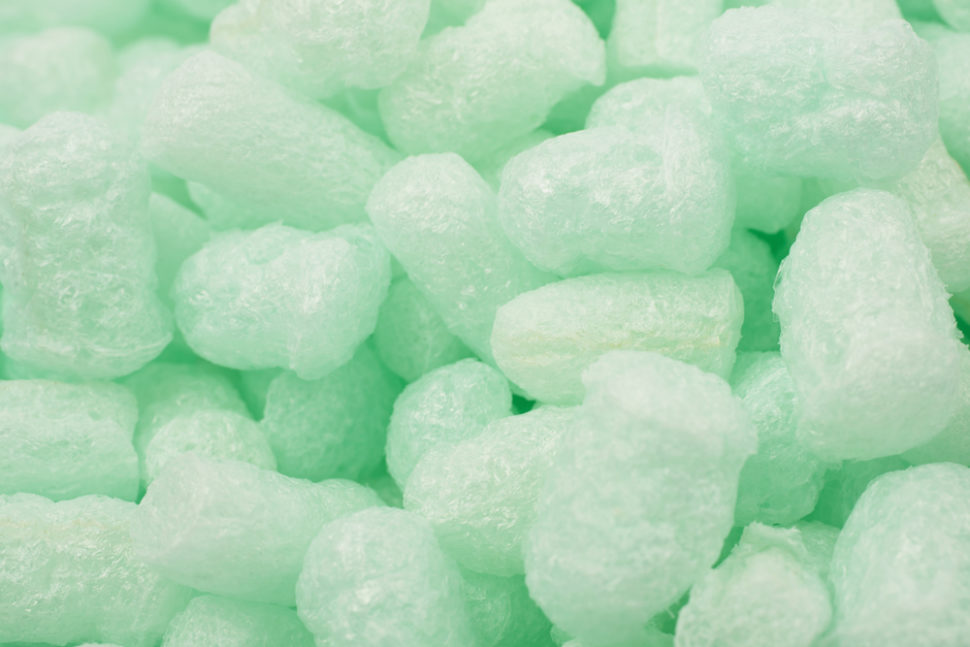Scientists are paving the way to the large-scale production of a chemical compound that can create a scalable and sustainable bioplastic.
Plastic is now so ubiquitous that it is present in the human food chain.
It’s in the fish we eat and the water we drink. A recent WHO report reveals that the majority of bottled water in the world contains microplastics.
Just like our digestive system isn’t designed to break down plastic, the planet isn’t prepared to handle the incredible amounts of plastic waste we throw out every day.
As Earth enters the Plastic Age, the reduction of plastic consumption won’t be enough at this point and a drastic change is needed.
Biobased sources of plastic alternatives, like non-food plants, abound in nature.
Although scientists are developing several techniques to produce it, bioplastic remains a far-off goal.
However, an international research group from Japan and the Netherlands may have just found the golden formula.
Read More: Bioplastic Agricultural Waste Will be Industry Standard by 2020
Long Stride Toward Large-Scale Production of Bioplastic
Furan-2.5-Dicarboxylic Acid (FDCA) is an organic chemical compound whose potential in polymerization is being extensively studied.
Material scientists think they can synthesize a wide variety of useful biopolymers from FDCA.
However, there’s an issue getting in the way of FDCA-based bioplastic. We can’t produce FDCA on a scale large enough to replace petroleum-based plastic.
Now, researchers from Hokkaido University in Japan and Eindhoven University of Technology in the Netherlands have devised a new method that allows a high-yield production of FDCA from a glucose derivative of non-food plant cellulose.
This a major step toward replacing “petroleum-derived terephthalic acid with biomaterials in plastic bottle applications.”
Scientists previously succeeded in producing FDCA from a biomaterial called 5-(hydroxymethyl)furfural (HMF). But they couldn’t adopt this process for industrial application because of the high amount of by-products and the small yield of FDCA that remains.
This new method allows for a high-yield production of FDCA without generating by-products.
Associate Professor Kiyotaka Nakajima at Hokkaido University, co-leader of the research, explains:
“It is significant that our method can reduce the total energy consumption required for complex work-up processes to isolate the reaction product… These results represent a significant advance over the current state of the art, overcoming an inherent limitation of the oxidation of HMF to an important monomer for biopolymer production. Controlling the reactivity of formyl group could open the door for the production of commodity chemicals from sugar-based biomaterials.”
Details of the study are published in the journal Angewandte Chemie International Edition.



















Thanks for this insightful article! Is bioplastics offer no real environmental benefit?